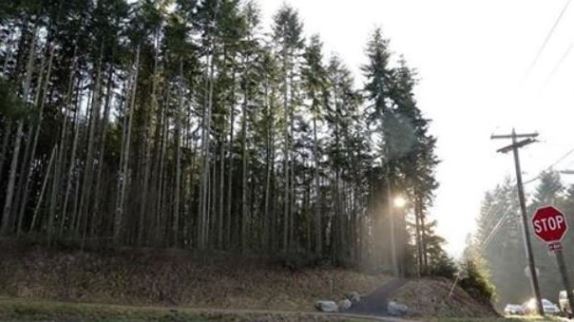The Kitsap County Association of Realtors is suing the city of Bainbridge Island, claiming updates to the city’s critical areas ordinances are onerous, infringe on property owners’ rights and conflict with state laws on growth.
After months of hashing through complex updates to its critical areas ordinances – codes that regulate sensitive environmental areas – a divided Bainbridge Island City Council approved the regulations late last month. The contentious new codes limit development at sites on most of Bainbridge with the goal of protecting the island's aquifer recharge, according to the city.
In its lawsuit, filed in Kitsap County Superior Court last week, the association calls for the court to issue a preliminary injunction on the regulations while its suit moves forward. Long-term, the association seeks for the code updates to be rolled back permanently.
“The facts will show that the onerous requirements of the CAO are imposed to restrict if not outright prohibit new growth on the island, as passed by a new City Council elected on a ‘save the trees’ platform,” the lawsuit states.
Dennis Reynolds, a Bainbridge attorney representing the Association of Realtors, said he expects one or more groups to also file an appeal challenging the code updates with the state’s Growth Management Hearings Board.
“What the city’s doing is coming up with development regulations to try to skirt its obligation to accept urban growth,” Reynolds said. “Wanting to be a city and remaining a city comes with an affirmative obligation to accept growth. This thing is really a political decision to try to come up with an excuse not to allow more residential growth on Bainbridge Island.”
City Attorney Joe Levan said Reynolds was “free to have his opinion” and said the city realizes it has used a “different approach” to protecting the island’s aquifers, but said he felt the city is on solid legal footing with its code updates.
“From our perspective, what the city did was legally proper, and we’re going to defend against that suit,” he said. “We think what we did was correct based on the unique circumstances of the island, based on our aquifers. That’s the reason the critical areas update was adopted how it was, that’s the basis for the updated ordinances.”
Updates to those regulations require property owners wanting to develop or redevelop in some zoning districts to designate an “Aquifer Recharge Protection Area,” or ARPA, on their site if their project met a certain threshold. Those zoning districts make up about 90 percent of the island, according to the city.
The ARPA zones must include and maintain all native vegetation up to a maximum of 65 percent of a site, and would limit development within their boundaries with some exceptions.
The suit calls out that change and a host of other updates, including new “severe” restrictions on vegetation pruning and removal, as “onerous in the extreme and unprecedented in its effect and impact.”


